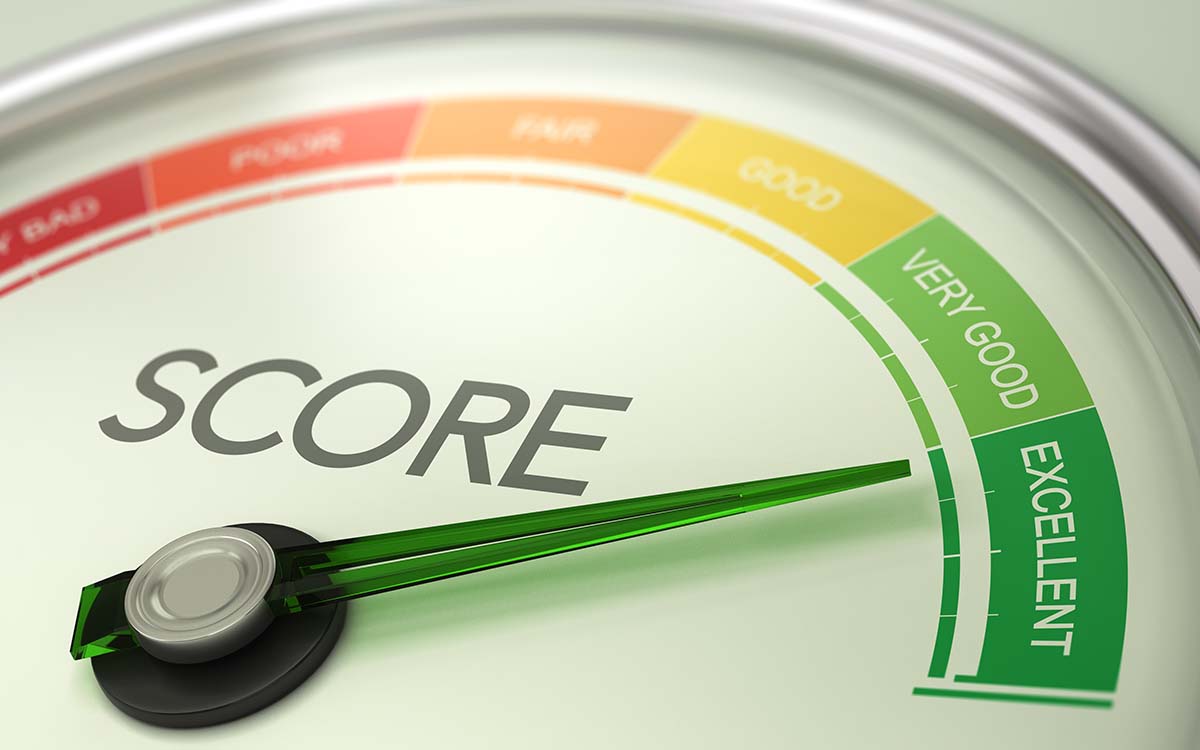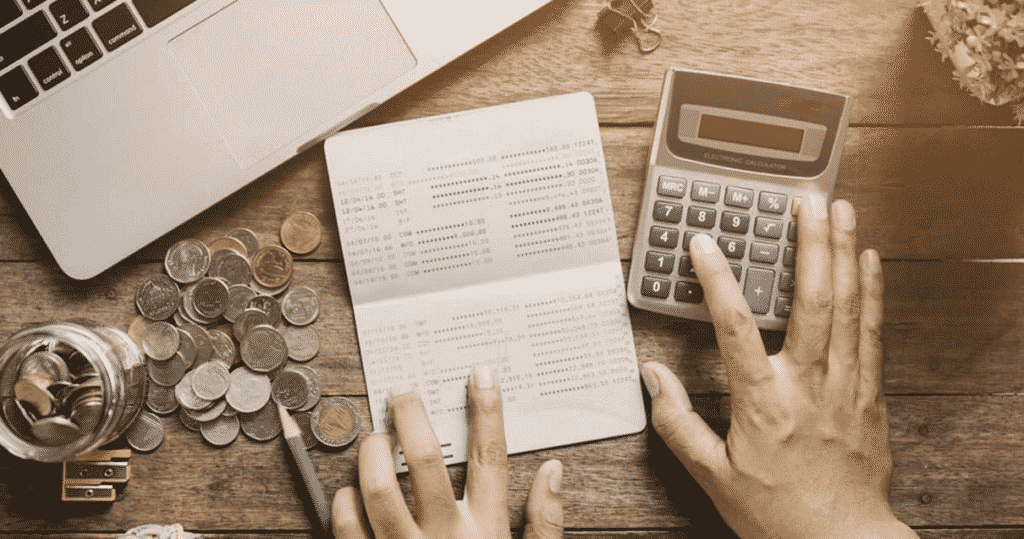
Money management is a fundamental skill that everyone should learn in order to have a healthy and successful financial life. However, many people struggle with their finances and don't know how to manage their money effectively.
Save a portion of your income and use that money to invest in assets that generate more money. It is important to have a mindset of saving and investing rather than spending everything you earn.
To start, it is advisable to establish a budget and determine how much money you can save each month. Once you have a set amount, it is important to be consistent and disciplined in saving that amount each month.
The next step is to look for investment opportunities that fit your financial goals and level of risk. This can include stocks, real estate, mutual funds or any other type of investment that will allow you to grow your wealth.
Spend with a purpose
Before making a purchase, make sure it aligns with your long-term financial goals. Don't buy things simply because you like them or they're trendy, but because they have a specific purpose.
For example, if you want to buy a new car, make sure it's a smart investment and not just a whim. Evaluate your budget and look for options that fit within it.
By spending with a purpose, you avoid falling into the trap of excessive consumerism and can reach your financial goals more quickly.
Set clear financial goals
Setting clear financial goals is critical to achieving financial success. These goals should be specific, measurable, attainable, relevant and time-bound.
To set these goals, it is important to consider your current income and expenses, as well as your long-term goals. Some examples of financial goals might be:
- Save for your children's education;
- Paying off all your debts within a certain time frame;
- Buy a house or a car;
- Create an emergency fund;
- Investing in the stock market.
Once you have established your financial goals, it is important to make a plan to achieve them.
Have a detailed budget
Having a detailed budget is critical to achieving your financial goals. A detailed budget allows you to know exactly how much money you have available and how you are spending it.
To create a detailed budget, it is important to consider all expenses, both fixed and variable. Fixed expenses are those that recur each month, such as rent or mortgage, utility bills and debt payments. Variable expenses are those that can change from month to month, such as food, entertainment and shopping.
Once all expenses are taken into account, it is important to allocate a specific amount of money to each category. It is advisable to allocate a portion of the budget for savings or investments.
Learn about personal finance and keep learning
The importance of learning about personal finance and continuing to improve their knowledge in this area allows them to make more informed and efficient financial decisions.
There are many ways to learn about personal finance, from books and online courses to professional financial advice. The important thing is to always be on the lookout for relevant and up-to-date information that allows us to improve our financial situation.
Automate your personal finances
One of the best ways to make sure you are saving money and paying your debts on time is to automate your personal finances. This means setting up automatic payments for your bills and automatic transfers for your savings and investment accounts.
By automating your finances, you can avoid forgetting to pay a bill or make a transfer and, therefore, avoid late fees or additional interest. Plus, you force yourself to save money each month without having to think about it.






